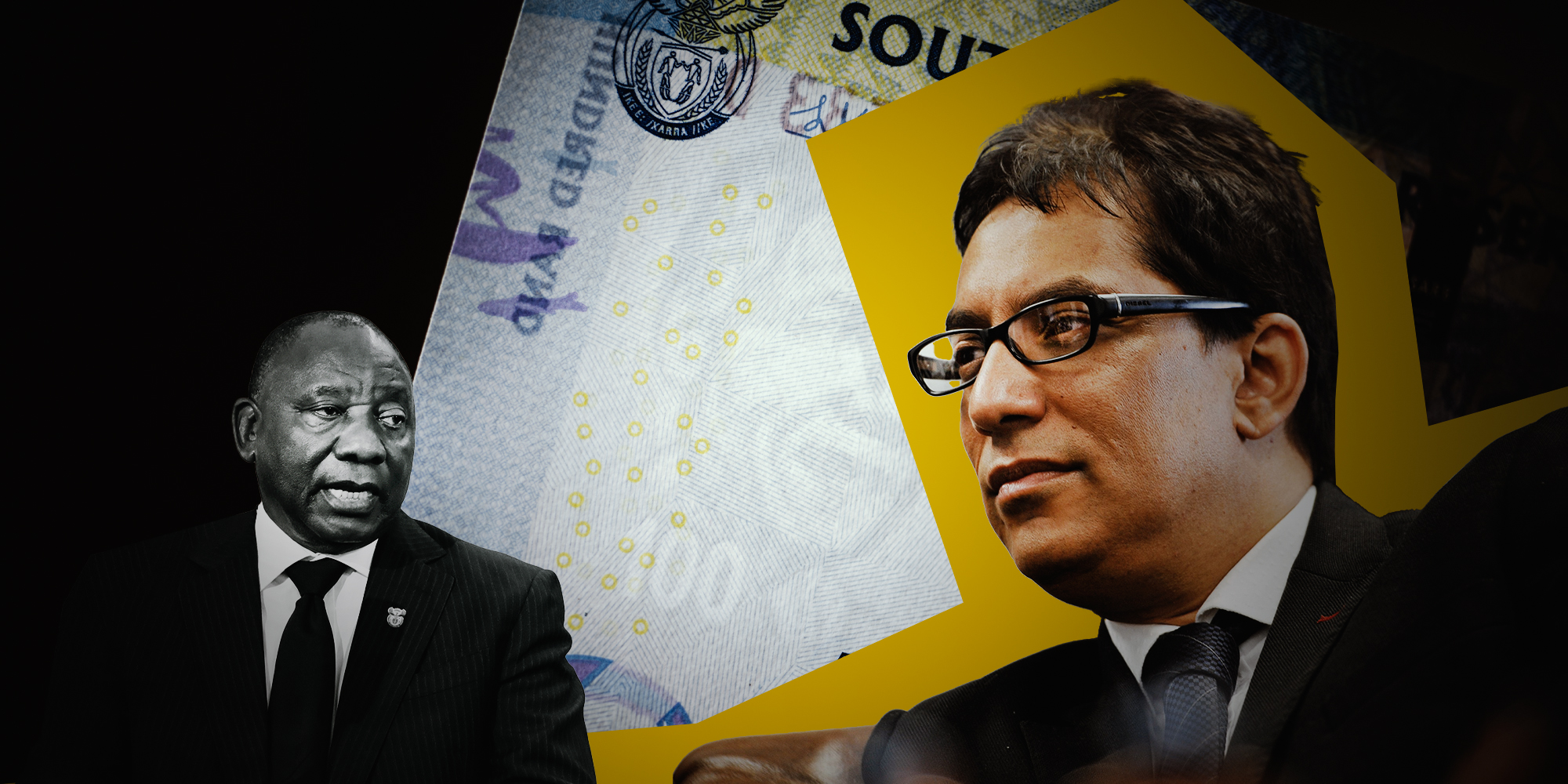After months and possibly years of crying sabotage, Sekunjalo Investment Holdings has given notice of its intention to sue various South African organs of state including the Presidency for R75-billion worth of damages.
The company said on Tuesday that it has delivered notices to Cyril Ramaphosa, the President of the Republic of South Africa, the National Treasury, the minister of finance, and the minister of justice as well as the State Attorney.
Sekunjalo claims elements of the South African state “have been corrupted and used to deliberately undermine and wish harm on Sekunjalo’s executive chairman Dr Iqbal Survé, and companies allied to the group, with the clear and determined aim of barring them from participating in the South African economy”.
The company has been mired in controversy for years, and the house of cards appears to be falling. Most recently, Nedbank won a Supreme Court of Appeal case, allowing it to close Sekunjalo bank accounts.
Absa, FNB, Investec and Mercantile Bank all started the process of closing the accounts in 2020 after the Mpati Commission raised questions about the relationship between the Public Investment Corporation (PIC) and Sekunjalo; and a subsequent PIC investment in AYO Technology. Reportedly, a total of 28 banks and representative offices of foreign banks have turned down Sekunjalo’s business, making the banking sector’s boycott very nearly universal.
However, Sekunjalo maintains that “the genesis of the attacks on it stems from its purchase of Independent Media in 2013”.
In a somewhat telling statement, the company baldly states: “The purpose of the legal action is to not only claim for damages of $4-billion but to clear the companies’ names — once and for all.” So, it’s not just about the money.
Or maybe it is. After the Public Investment Corporation (PIC) invested R4.3-billion in 2017, AYO Technology, ultimately controlled by Survé, continued paying huge dividends despite its losses, resulting in the gradual reduction of the PIC’s original investment. The investment, by the way, was made on behalf of the Government Employees Pension Fund (GEPF).
The PIC later questioned the legitimacy of the processes that led to the investment and entered into a mediated agreement with AYO in March last year. The settlement included AYO paying the PIC R20 a share for an immediate 5% share buyback. The GEPF has the option of selling another 5% of the shares back to AYO in three years, subject to the solvency of AYO and at a predetermined price of at least R20 a share.
The settlement means that the PIC and the GEPF by extension will have locked in losses of at least R2.5-billion in this controversial investment. In the meantime, the GEPF will remain a 25.1% shareholder of AYO and have one board seat for every 10% of the company it owns. The GEPF representative will also chair the board.
Potential delisting threat
Sekunjalo and all its related companies are facing threats on several fronts. Independent Media retrenched a third of its staff in November. Less than a week ago, the Financial Mail reported that the JSE was preparing to suspend AYO and AEEI shares if the two Sekunjalo-related companies fail to release their annual reports by the end of this month.
Listed companies are required to release their reports within four months of the year-end; which means that both Ayo and AEEI should have published their annual reports by 31 December 2023. DM





